


What is MiLifeStatus about? We created a 5-minute video that offers an insight into the research we conduct.
Watch the video
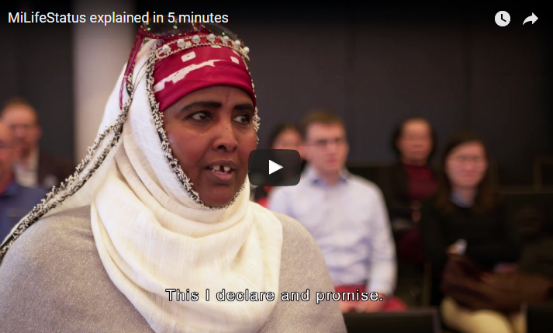
The conditions for obtaining a passport have in many countries become stricter in recent years. This video explains what the consequences are. Watch the video
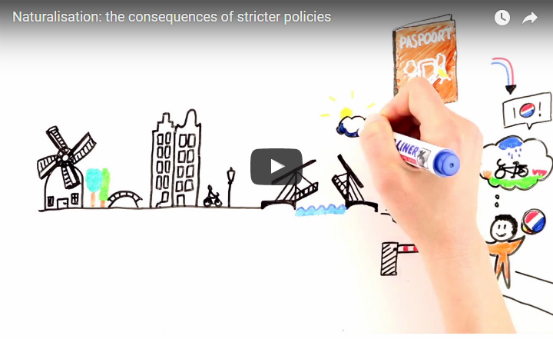
The MiLifeStatus research team is led by prof. Maarten Vink, Chair in Citizenship Studies at the European University Institute.
Meet our team
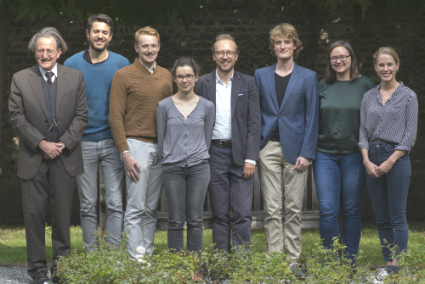
Migrant Life Course and Legal Status Transition (MiLifeStatus) is a five year research project (2016-2021), led by professor Maarten P. Vink. MiLifeStatus studies the relation between migrant naturalisation and integration.
Migrant integration is at the top of the political agenda in many European countries. The acquisition of citizenship through naturalization, in this context, is either regarded as a reward for a successfully completed integration, or as an incentive to reach this goal. In fact, however, little is known about the relation between the naturalization of migrants and their integration within the host society. The MiLifeStatus research team breaks new ground by investigating why, how, and for whom legal status transition matter, and how varying policies impact on this relation.
That is to say, context matters. Not all migrants have the same opportunities or face the same obstacles when it comes to building up a life a new country. As result, not everyone has an equal interest to naturalise, which also affects the relation between citizenship and integration. We are interested in finding out how these variables affect the pay-off of citizenship. Does it still matter if a migrant acquires citizenship after a long waiting period? Our hypothesis is that how - and when - you get citizenship also affects what it means to you.
Read more about our research
MiLifeStatus has received funding from the European Research Council (ERC) under the European Union’s Horizon 2020 research and innovation programme (grant agreement No 682626). Research is conducted within Robert Schuman Centre for Advances Studies, European University Institute and the Faculty of Arts and Social Sciences, Maastricht University.
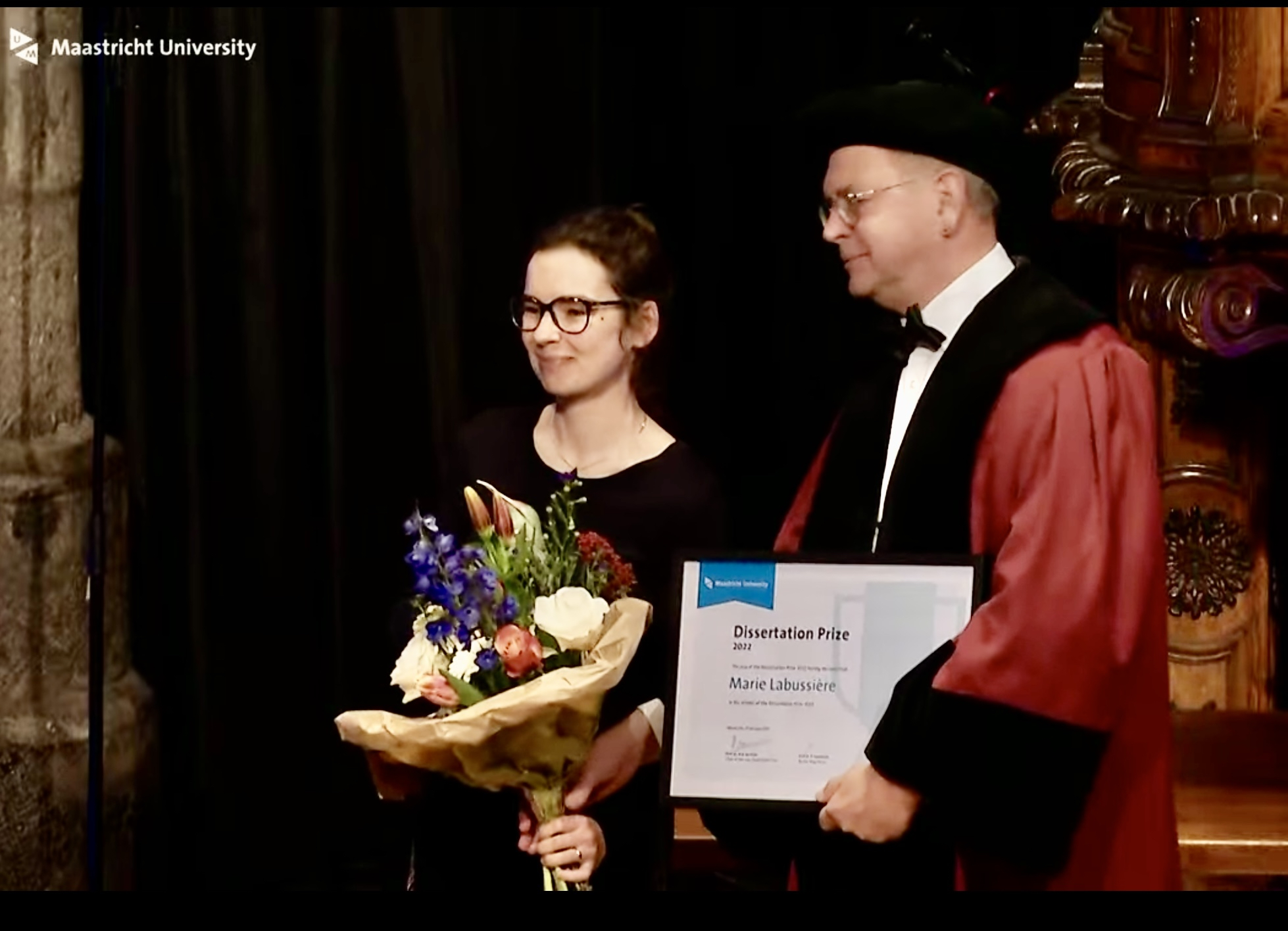
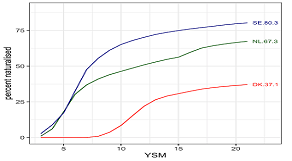
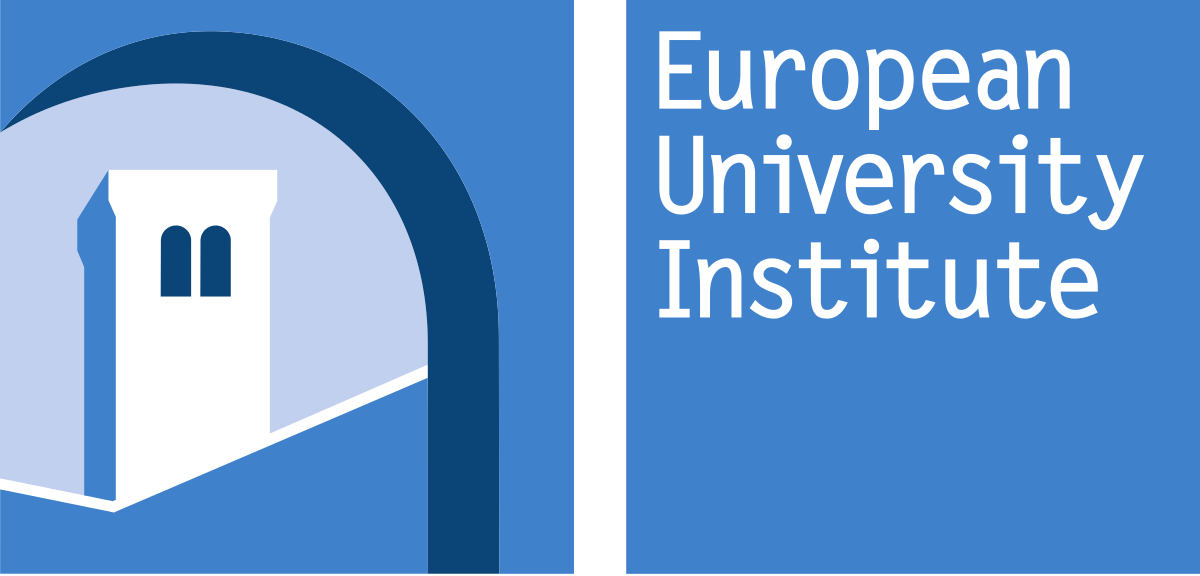
Copyright 2017 Maastricht University | Design: CaVaBien.nl